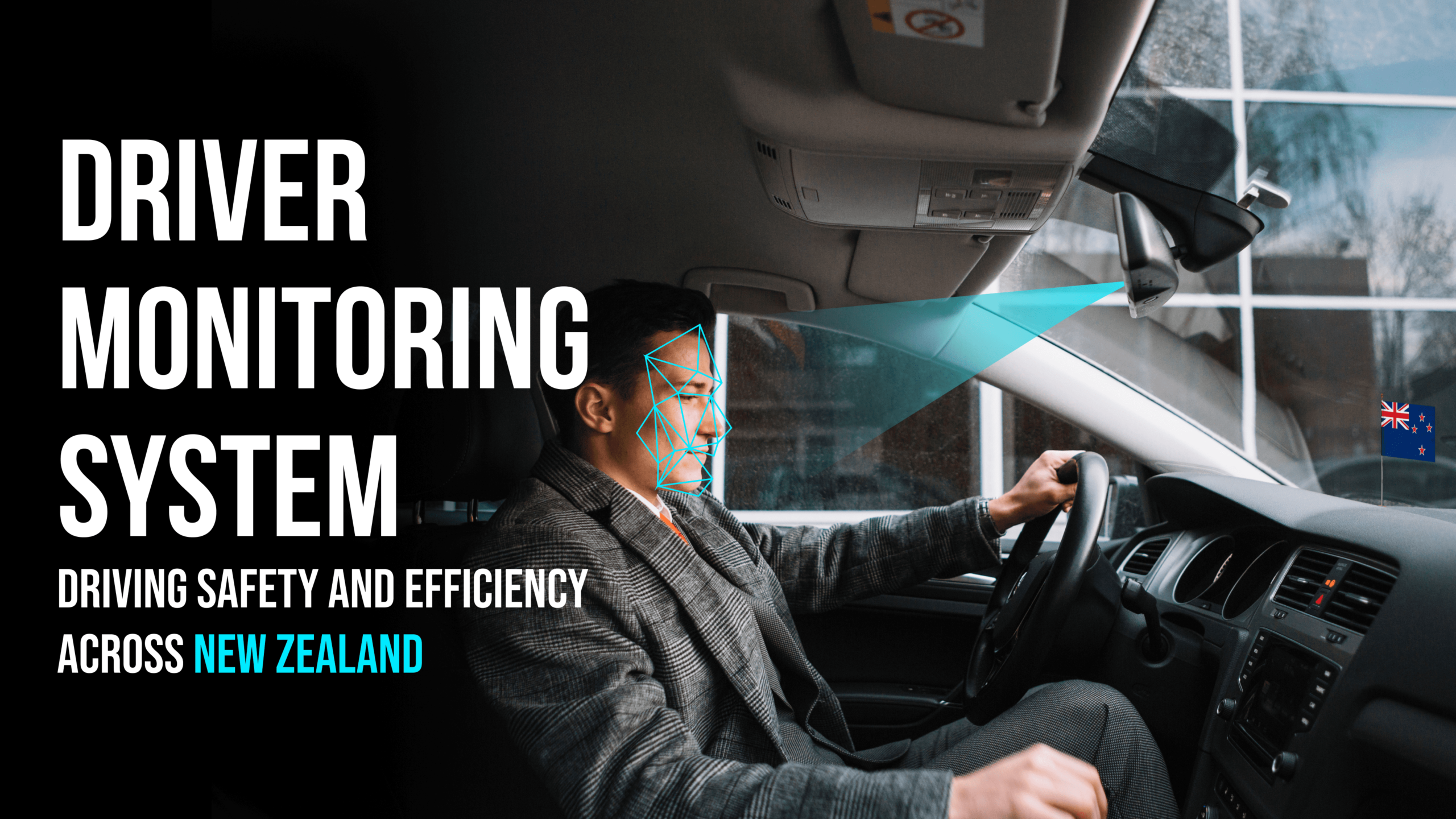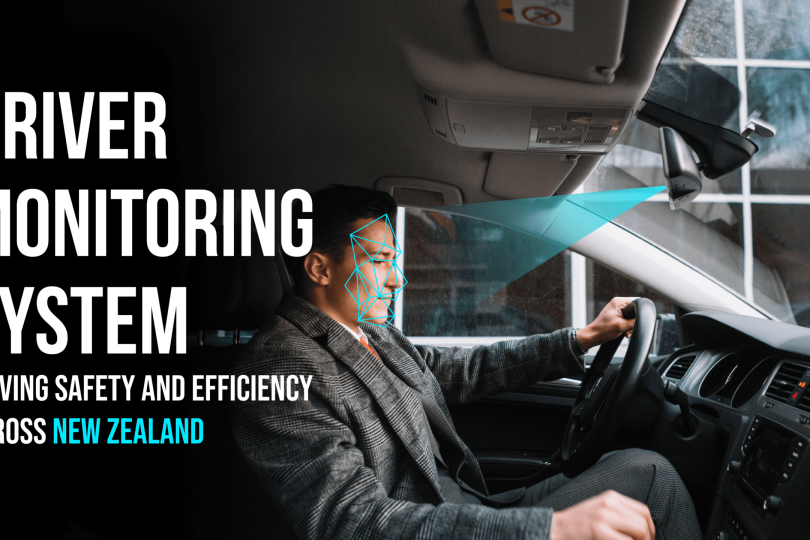
Managing a fleet in New Zealand can be tough. Drivers face everything from crowded city streets to long, empty rural roads, and ensuring their safety is a big responsibility. Driver fatigue and road safety are constant concerns for fleet operators. That’s why Driver Management Solutions (DMS) are becoming essential tools. DMS helps keep drivers safe, reduce costs, and streamline fleet management. In a country like New Zealand, where road safety is critical, DMS is making a real impact.
The Unique Challenges of Fleet Management in New Zealand
Fleet management in New Zealand comes with its own set of unique challenges. The country’s diverse landscapes—from mountain roads to busy highways—require drivers to stay alert, no matter where they are. Add in New Zealand’s strict safety regulations and focus on sustainability, and it’s clear that fleet operators have a lot on their plate.
According to Research and Markets, the global driver monitoring system (DMS) market is expected to grow rapidly, with a strong focus on driver safety. This growth is driven by the need to reduce road accidents, especially those caused by driver fatigue and distraction, which are key issues in New Zealand’s transport industry. DMS helps address these concerns by monitoring driver behavior in real-time, allowing fleet managers to take immediate action to prevent accidents.
Improving Driver Safety on New Zealand Roads
Driver safety is always a top priority. Long hours behind the wheel, especially on rural roads, can lead to fatigue, one of the main causes of accidents in New Zealand. DMS provides a solution by tracking driver behavior, such as speeding, harsh braking, and how long they’ve been driving without rest. This real-time data helps fleet managers intervene before accidents happen.
For instance, if a driver on a long haul across the South Island shows signs of fatigue, the DMS can send an alert, prompting the driver to take a break. This kind of early intervention helps reduce accidents, making roads safer for both drivers and the public.
Cutting Costs and Improving Efficiency
While safety is a key focus, managing a fleet also involves controlling costs. Fuel prices in New Zealand can be unpredictable, and with long distances to cover, fuel becomes a significant expense. DMS helps fleet managers keep track of fuel usage and identify inefficiencies.
According to Transpoco, fleets using telematics, such as DMS, can reduce accidents by up to 30%, which not only leads to fewer incidents but also lowers insurance premiums and repair costs. Over time, these savings add up. Additionally, DMS helps ensure vehicles are properly maintained by providing reminders for regular servicing, further reducing the risk of costly breakdowns.
Meeting New Zealand’s Environmental and Safety Regulations
New Zealand is pushing for safer, greener transportation, and fleet operators must comply with strict regulations on both driver safety and emissions. DMS supports these efforts by keeping track of drivers’ work hours, vehicle maintenance needs, and real-time compliance with safety standards. Fleet managers receive automatic updates, ensuring that their operations meet New Zealand’s legal requirements.
In addition to meeting safety standards, DMS also helps fleet operators contribute to environmental goals by optimizing fuel consumption and reducing unnecessary emissions. By using DMS to improve route efficiency and limit idle time, fleet operators can lower their overall carbon footprint.
Adapting to New Zealand’s Diverse Road Conditions
New Zealand’s landscape can be unpredictable. One moment, drivers are navigating urban traffic; the next, they’re handling rural highways or steep mountain roads. Weather can change quickly, adding even more challenges. DMS helps fleet managers stay ahead of these conditions by providing real-time updates on driver behavior and road conditions.
For example, if a driver is approaching a tricky road segment or bad weather is ahead, DMS can alert the driver to take extra caution. These insights help fleet managers ensure that drivers are prepared and safe, no matter where they’re driving.
The Future of Fleet Management in New Zealand
As New Zealand continues to prioritize road safety and sustainability, the role of DMS in fleet management will keep growing. According to Research and Markets, the demand for driver monitoring systems is on the rise, with the market projected to see significant growth in the coming years. This is largely due to the increasing emphasis on preventing accidents caused by driver distraction and fatigue, which DMS is designed to tackle.
By adopting DMS, fleet managers can improve driver safety, reduce operational costs, and ensure compliance with New Zealand’s regulations. Fleets using DMS have been shown to reduce accidents by 30%, making roads safer and saving businesses money.
In a country where road safety and sustainability are key priorities. Investing in DMS is a smart move for fleet operators. Not only does it improve safety and efficiency, but it also ensures that businesses stay compliant. Additionally, it evolves regulations and contributes to greener transportation solutions.







